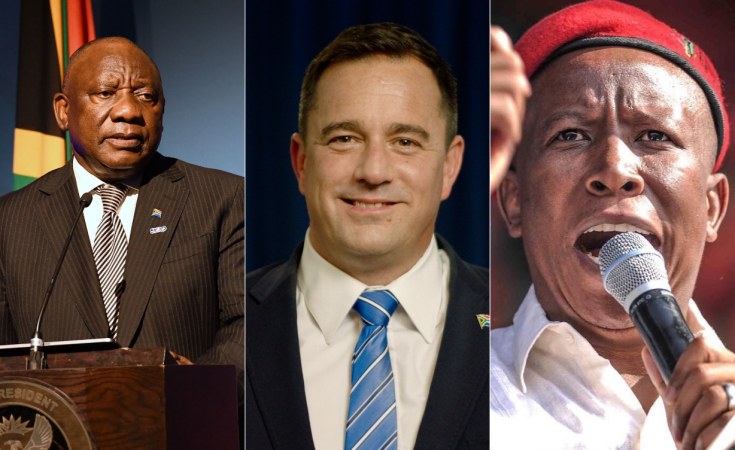Dear colleagues and partners,
The most urgent problems that South Africans want their government to address after the forthcoming elections are unemployment, unreliable electricity supply, and corruption, according to a new Afrobarometer pre-election telephone survey.
Citizens also cite economic issues including inflation, poverty, and management of the economy.
As citizens prepare to go to the polls, a majority of them are dissatisfied with the way democracy is working in their country, and they overwhelmingly say their country is going in “the wrong direction.” Even among likely voters, one-third say they have not decided which party they will vote for.
About the pre-election telephone survey in South Africa
While Afrobarometer is known for its face-to-face surveys, which are conducted on a roughly two-year cycle, the organisation is refining methods for more limited telephone surveys on emerging topics between standard survey rounds.
The Afrobarometer team, led by the Institute for Justice and Reconciliation (IJR), interviewed 1,800 adult South Africans selected from a database of more than 14 million cell phone numbers between 23 April and 11 May – the final weeks before the election. A sample of this size yields a margin of sampling error of +/-2.3 percentage points. This is the first publicly-released Afrobarometer telephone survey.
Key findings
Unemployment far outranks other issues as the country’s most important problem that citizens want their government to address after the elections. Electricity/load shedding (26%), corruption (21%), inflation/cost of living (21%), poverty (21%), and management of the economy (20%) round out citizens’ top priorities for government action.

More than six in 10 South Africans (62%) say they are dissatisfied with the way democracy works in their country, while only 36% express satisfaction.

More than eight in 10 South Africans (85%) say the country is going in the wrong direction, up from 46% in 2011.

Among respondents who say they are registered and are likely to vote, about one third (32%) say they have not decided which party they will vote for.

The vast majority of South Africans anticipate that the 2024 election will be largely free and fair (68%), while a minority (11%) believe it will not be free and fair.



